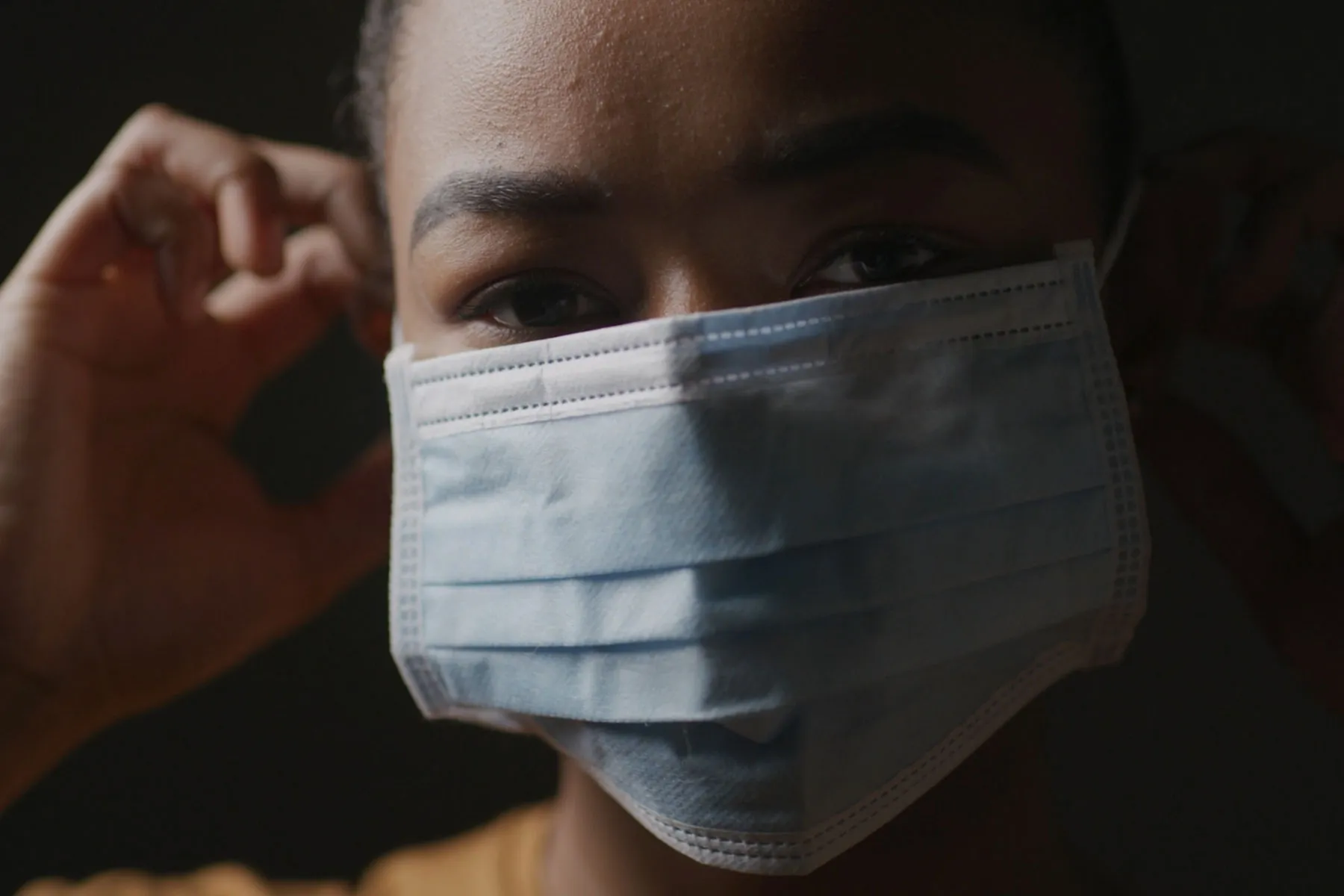HealthDay Reporter
THURSDAY, May 19, 2022 (HealthDay News) — A new report on how Black Americans are faring against cancer offers up a decidedly mixed picture.
The risk that a Black man or woman in America will die from cancer has steadily declined over the last two decades, the prostate cancer is five times higher than among Asian/Pacific Islander men.
Similarly, the risk that a Black woman will die of is now 2.5 times higher than it is among Asian/Pacific Islander women.
“>racial disparities in cancer death rates are primarily systemic and preventable,” Lawrence said. “For instance, Black patients are more likely to experience poor patient-physician interaction, longer referrals, delay in treatment, less frequent physician follow-up, greater medical mistrust, underuse of treatment, and health care system failure,” meaning that prescribed treatment doesn’t take place for unknown reasons.
Lawrence said any attempt to address the risk disparity would need to take a hard look at everyday reality. He noted, for example, the importance of figuring out why Black people “are more likely to reside in neighborhoods with poor accessibility to a cancer specialist, to see a physician with lower access to clinical resources, and to reside in communities with greater exposure to environmental hazards associated with cancer risk.”
Dr. William Dahut, chief scientific officer at the American Cancer Society, reacted to the findings.
“Cancer deaths are driven by biology, exposures and access to specialized care,” he noted.
Dahut said one potential way to improve the odds for Black Americans would be to increase research on “the biologic differences, which may be driving the increased death rate, in order to devise targeted screening and therapeutic strategies.”
At the same time, he echoed the need for a deeper look at how job-based and/or environmental exposure to hazardous toxins among Black people may drive up their risk.
The study was published online May 19 inJAMA Oncology.
More information
Learn more about cancer trends and race at the American Cancer Society.
SOURCES: Wayne Lawrence, DrPH, MPH, cancer prevention fellow, U.S. National Cancer Institute, U.S. National Institutes of Health, Bethesda, Md.; William Dahut, MD, chief scientific officer, American Cancer Society; JAMA Oncology, May 19, 2022, online
